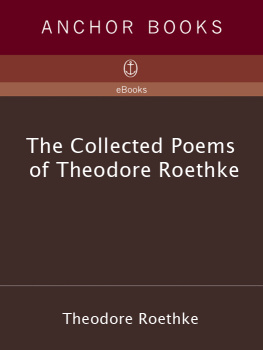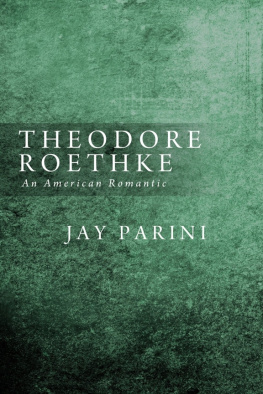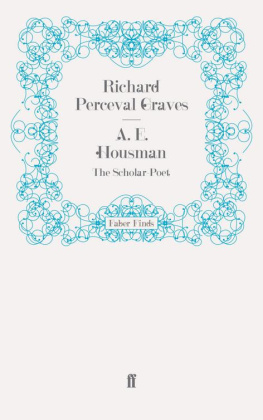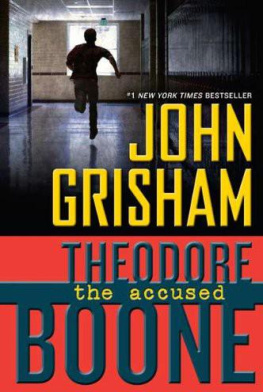Theodore Roetke: An American Romantic
Jay Parini
Dzanc Books
5220 Dexter Ann Arbor Rd
Ann Arbor, MI 48103
www.dzancbooks.org
Copyright 1970 by Jay Parini
All rights reserved, except for brief quotations in critical articles or reviews. No part of this book may be reproduced in any manner without prior written permission from the publisher.
Published 2014 by Dzanc Books
A Dzanc Books rEprint Series Selection
eBooks ISBN-13: 978-1-941088-52-4
eBook Cover Designed by Awarding Book Covers
Published in the United States of America
For my mother and father, with love
CONTENTS
PREFACE
Since the publication of Open House in 1941, critics have been at work on Theodore Roethke, trying to come to terms with a poet of major standing in American literature. Among the earliest critics were W. H. Auden, Stanley Kunitz, and Kenneth Burke, and their pioneering essays are still useful. But it is only since the poets death in 1963 that we have had Roethkes work before us, making it possible to find the larger patterns in his work. A clutch of introductory surveys and specialized studies has already appeared, and no doubt this is only the beginning. For no single reading of any good poet is final. Just as each new generation of poets modifies the view of the previous one, so critics participate in an ongoing critical act. The individual critics eye may be thought of as a lens that colors a particular text; of course, the better the critic, the lighter the tint, but absolute transparency remains a hypothetical ideal. Criticism is, at its practical best, collaborative; we are lucky in this regard, for a critical milieu has materialized around Roethke. I have used this situation to my advantage in this study, making clear my innumerable debts throughout. This is not simply an introduction to Roethkes Collected Poems. It is an attempt to isolate major patterns in the work, to discover the poets mythos, and to relate his body of writing to the Romantic tradition, its proper context. Roethke was a remarkably self-conscious artist, fully aware of his predecessors and his relation to them. This relationship is complex, for Roethke was not merely an imitator of other poets; he carried on what amounts to an elaborate dialogue with his Romantic predecessors, and the exact nature of this dialogue is studied. In particular, Emerson is singled out throughout as a major influence, and one rarely discussed before this.
The study begins with an overview of Roethkes poetry in the context of American Romanticism, traced back to its source in Emerson. It defines the personal mythos and nature of Roethkes personal symbol system, suggesting that the autobiographical myth of the greenhouse Eden is this poets subject, the central image in his work from beginning to end. This fact is easily blurred by the radical stylistic changes which occur at various stages in his career. These changes remain, it appears, superficial; the poet merely extends or refines his chosen subject. The second chapter focuses on the apprentice years, the decade preceding Open House, when Roethke discovered a poetics, a Romantic poetics, and learned about poetry-as-collaboration. He learned the art of creative imitation from his mentors, Rolfe Humphries, Louise Bogan, and Stanley Kunitz; this attitude would allow him throughout his career to be strongly influenced, but not overpowered, by other poets. The brief third chapter offers an abstract of Romanticism as Roethke himself saw it. This chapter is referred to throughout the study, which moves from it to a detailed reading of Roethkes poetry as the most important contribution to the literature of American Romanticism since Wallace Stevens. The text proceeds chronologically through the Collected Poems, a method dictated by the organic shape of Roethkes work, which unfolds with uncanny integrity as if inheriting its single possible form.
I have drawn heavily throughout on unpublished material from the Roethke Collection in possession of the University of Washingtons Suzzallo Library, a cornucopia of manuscript drafts of poems, notebooks, letters, and teaching materials. I am grateful to Beatrice Roethke Lushington for permission to roam freely through this Roethkean harvest. While doing this primary research I benefited from discussion with three poets whom I wish especially to thank: David Wagoner, Richard Hugo, and Richard Blessing. Various eyes have passed over this book in its many drafts, but special thanks are due to the following friends for their sympathy and intelligent guidance: A. H. Ashe and A. F. Falconer of the University of St. Andrews, Philip Hobsbaum of Glasgow University, Thomas Vance, James A. W. Heffernan, David Wykes, and Philip Holland of Dartmouth College, Gordon Williams of Yale University, Richard Ellmann of Oxford University and Ralph J. Mills, Jr., of the University of Illinois. Portions of this book have appeared, in earlier form, in the following: Antaeus, The Texas Quarterly, The Ball State University Forum, and Blake and the Moderns, ed. Robert Bertholf and Annette Levitt (Kent State University Press). I am grateful to Doubleday and Company for permission to quote from The Collected Poems of Theodore Roethke (copyright 1966 by Beatrice Roethke), and to Devon Jersild for help in preparation of the index.
J. P.Hanover, New Hampshire
PART ONE THE MAKING OF A POET
CHAPTER ONE AMERICAN ROMANTIC
There is at the back of every artists mind something like a pattern or type of architecture. The original quality in any man of imagination is imagery. It is a thing like the landscape of his dreams; the sort of world he would like to make or in which he would wish to wander; the strange flora and fauna of his own secret planet, the sort of thing he likes to think about. This general atmosphere, and pattern or structure of growth, governs all his creations, however varied.
G. K. Chesterton
This book offers, in effect, a map of Theodore Roethkes secret planet; it is an attempt to reconstruct his mental world, to discern the pattern at the back of his mind as it is revealed by his poems. Roethke was a great poet, the successor to Frost and Stevens in modern American poetry, and it is the measure of his greatness that his work repays detailed examination. Roethke saw himself as working within a great tradition, modifying and extending it after his own fashion. Specifically, Roethke was a Romantic. His work abounds in references to Blake, Wordsworth, and Yeats, especially, but my stress is upon the American quality of his Romanticism with Emerson and Whitman as primary ancestors, with Stevens as a strong contemporary influence. Without impugning his originality, one can read all Roethkes work as a continuing conversation with his precursors; he was a poetic ventriloquist of sorts, able to speak through masks of those whom he called the great dead. Still, there is a voice at his core which is unmistakably his own. He has his special province, a landscape so personal and distinct that no amount of imitation or writinglike-somebody-else, as he called it, disturbs the integrity of his voice. His poetic world is self-contained and secure.
As my epigraph suggests, the genius behind any imaginative work has something to do with imagery. Roethkes verse from Open House (1941) to the posthumous The Far Field (1964) displays a consistent and vivid imagery found only in the greatest writing. His images derive from the dream world of his Michigan childhood, and one soon finds that a few key symbols operate throughout his work, most important the Father (who is alternately the poets biological father, Otto Roethke, or God), the greenhouse, and the open field (where illuminations generally occur). There are minor symbols in this cluster, toothe wind (spirit), the stone (associated with transcendental experiences) and the tree (selfhood). The image of Woman as mother, lover, or sister is present from the beginning, taking on greater significance in the middle and later periods. The central figure in all the poems is Roethke in his mythic projection as the lost son. Indeed, the Lost Son sequence, published between 1948 and 1953, represents this poets most permanent contribution to modern poetry. The later part of the sequence, called
Next page
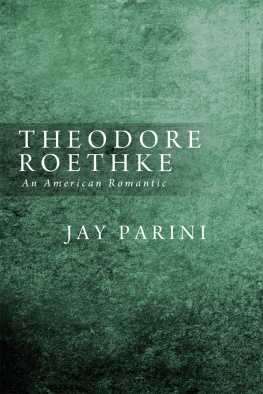

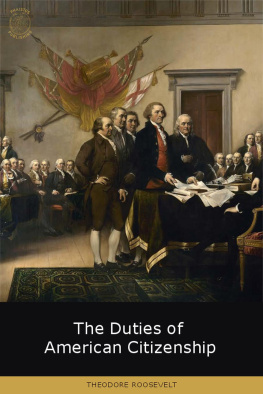
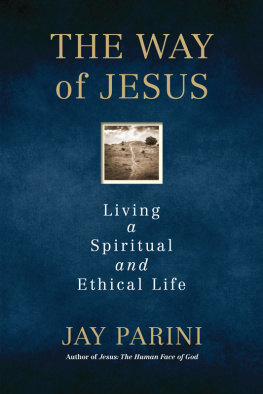
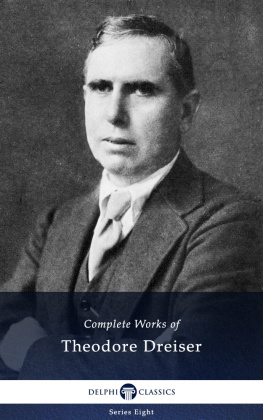
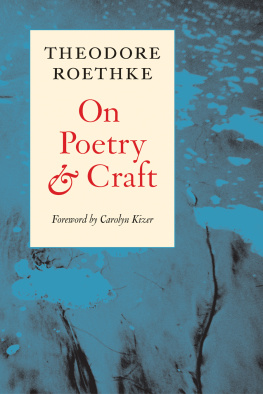
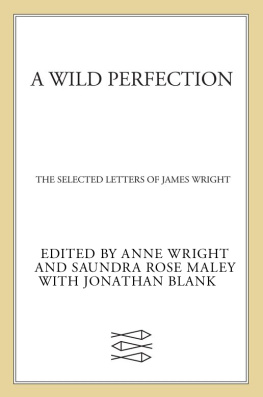
![Theodore Zeldin [Theodore Zeldin] - An Intimate History of Humanity](/uploads/posts/book/142226/thumbs/theodore-zeldin-theodore-zeldin-an-intimate.jpg)
